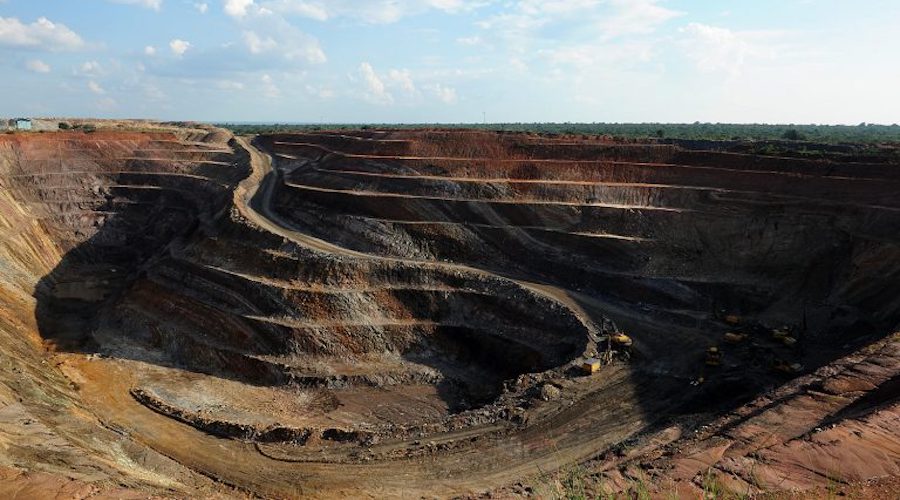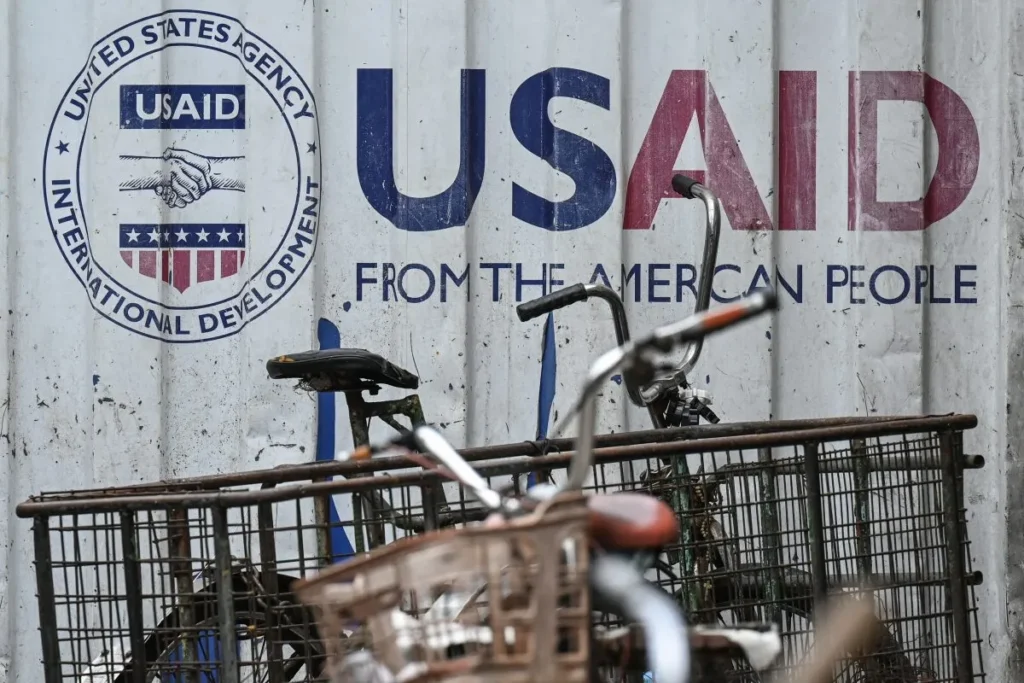
South Africa’s economy has faced a setback, contracting by 0.2 percent in the third quarter after a prolonged period of sluggish growth, posing a challenge for the government ahead of next year’s elections.
Statistics from the national agency StatsSA revealed that agriculture, manufacturing, and construction were the primary contributors to the decline in gross domestic product in Africa’s most industrialized nation from July to September.
With general elections looming in 2024, South Africa grapples with high unemployment and widespread dissatisfaction with the ruling African National Congress (ANC).
Despite modest increases of 0.4 percent and 0.5 percent in the first two quarters, offering a glimmer of hope for the nation’s resilience amid multiple challenges, the recent economic contraction has added to the country’s ongoing woes.
The country has been grappling with a prolonged energy crisis, leading to daily power outages lasting up to 12 hours. Additionally, challenges at state-owned rail and ports company Transnet, plagued by corruption scandals, theft, and maintenance issues, have further impeded economic activity.
StatsSA highlighted a significant drop of 9.6 percent in output within the agriculture sector during the third quarter, citing various challenges such as a severe bird flu outbreak and floods in the Western Cape province.
The manufacturing industry saw a decline of 1.3 percent due to weakened demand, while mining production also decreased by 1.1 percent, according to StatsSA.
With the ANC in power since 1994, recent polls suggest a potential fall in the party’s vote share below 50 percent in the upcoming elections.
Commenting on the latest GDP figures, the Democratic Alliance, the leading opposition party, attributed the economic downturn to what it called the “direct result of failed ANC policy” and expressed concern about the country enduring another term under the ANC’s governance.




